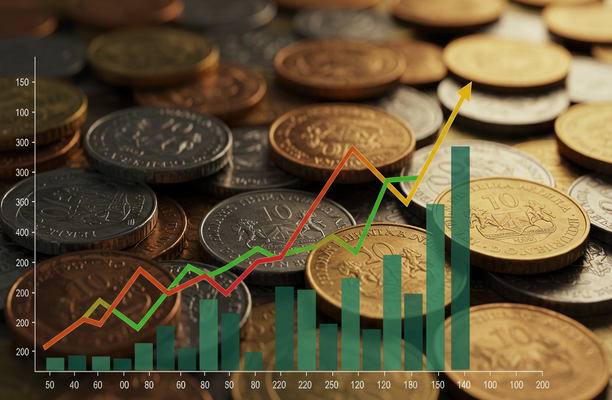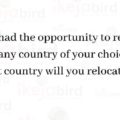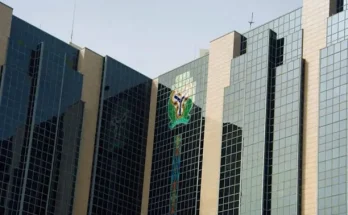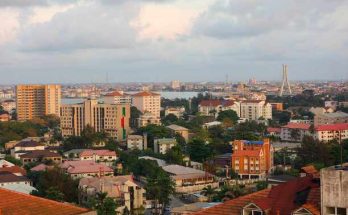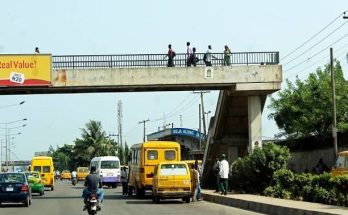By Chiagoziem Abosi
Edited by Ezennia Uche
Nigeria’s inflation rate has slowed, dropping from 21.88% in July to 20.12% in August, according to the National Bureau of Statistics. While the official numbers suggest a positive trend, the reality for many residents in Ikeja’s markets remains one of financial struggle.
Walk into any market and the usual loud calls of “Madam, come buy!” are mixed with complaints about prices refusing to fall. “I thought they said inflation is dropping,” said Chioma Nnaji, a caterer. “In the morning, they tell me a basket of tomatoes is ₦45,000. By evening, I don’t see any drop. Where is the change?”
While most traders see little difference, some feel a small sense of relief. Rafiu Salami, a pepper seller, noted, “Before, a paint bucket of pepper was ₦4,000. Now, I sell for around ₦3,200. It is still high, but at least it isn’t worse.”
Officials say the small easing in inflation came from food prices, with items like beans and yam no longer rising too fast. But many Ikeja shoppers say it isn’t enough to notice in their pockets. Aisha Sule, a mother of three shopping at a local mall, shook her head in frustration. “My salary hasn’t increased, and school fees are still high. Even if beans are a little cheaper now, how does that change my life? We are still struggling.”
Some traders blame high transport and electricity costs for keeping prices elevated. Sunday Adeyemi, a garri wholesaler, explained, “Even when garri prices drop a little, the transport to bring it from Oyo State hasn’t gotten cheaper. Market women cannot afford to run at a loss.”
Still, analysts say the drop in inflation is a sign things might slowly improve. “It is not yet a victory,” said Dr. Funmi Oladipo, a Lagos-based economist. “But if the government keeps pushing for stable food supply and cheaper fuel, Lagosians will eventually feel the change.”
For now, the people of Ikeja remain cautious. As one trader put it, “Numbers can be nice, but hunger doesn’t lie.”

